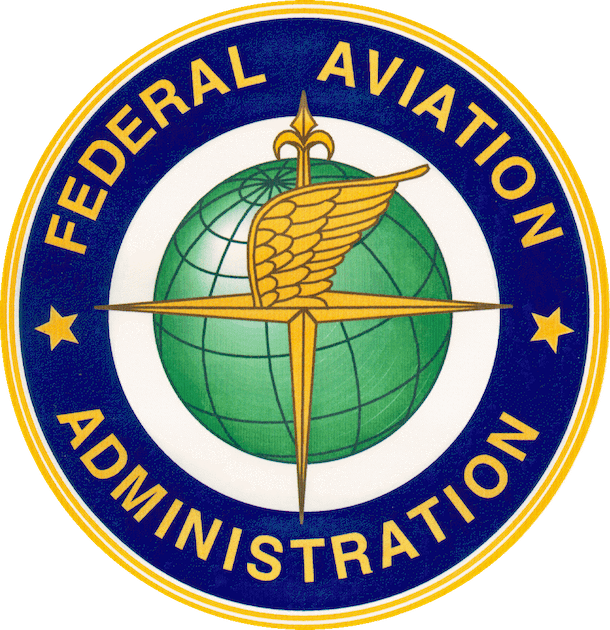
If you want the exact count of extensions, you’ll have to dig through the records yourself. Suffice it to say that we are currently working on extensions of the 2012 FAA Reauthorization Package. Which was called, somewhat ironically in hindsight, the FAA Modernization and Reform Act.
To be perfectly clear, this is not the fault of the FAA. The FAA Reauthorization Act is in fact a tax bill: it’s a way of ensuring that operations of the FAA are funded by the government. Like any issue in Congress, and especially one concerning money, it’s subject to a lot of arguments, additions, and partisanship. The 114th Congress (2016) got as far as bills in both the Senate and the House; but because those bills were so different from one another, no agreement was reached.
Since then, some things have changed. The 2016 and then again, the slight-changes-pencilled-into-the-margins-2017 House version, known as the AIRR Act and championed by Rep. Bill Shuster, called for the privatization of Air Traffic Control. This controversial topic has now been abandoned, as Shuster recognizes that there is not enough support to move forward. Still, Congress didn’t get around to discussing FAA Reauthorization this month – and yet another band-aid is being found to keep the FAA and critical air safety missions from shutting down.
The AMA has published a statement expressing relief at the extension and the hope that drone organizations will be given the opportunity to contribute to future proposals. “The FAA extension sent to the president today provides vital continuity for the aviation community, including those who fly model aircraft with a community-based organization like AMA,” says the statement. “We look forward to working with Congress on a much-needed, long-term reauthorization bill that strengthens the Special Rule for Model Aircraft and affirms the role community-based organizations have had over 82 years in fostering innovation, leading education and managing hobbyists.”
It’s an important point. FAA Reauthorization is important to the drone community not just because of the funding and staffing issues at the FAA which directly impact our industry, but because of the many additions that individual members of Congress propose. They vary as to industry impact. Some are simply a “Sense of Congress” which urges speed in developing regulations. Others, however, propose significant drone regulation either to protect state rights or to protect private property. We’ve seen micro-drone classification proposals, proposals to protect consumer privacy by limiting the data that drone operators can acquire, and proposals to limit testing to very specific areas, which would seem to promote one state’s interests over another.
The drone industry should not lose sight of this discussion as it occurs, and should remember that members of Congress are not commercial drone operators and do not necessarily understand the unintended consequences of some proposals. While we all have a tendency at times to wish the FAA could move faster on drone integration, they won’t be able to move at all – let alone expand drone integration programs and plan for the future – without a fair and robust funding bill that doesn’t set up industry roadblocks.

Miriam McNabb is the Editor-in-Chief of DRONELIFE and CEO of JobForDrones, a professional drone services marketplace, and a fascinated observer of the emerging drone industry and the regulatory environment for drones. Miriam has penned over 3,000 articles focused on the commercial drone space and is an international speaker and recognized figure in the industry. Miriam has a degree from the University of Chicago and over 20 years of experience in high tech sales and marketing for new technologies.
For drone industry consulting or writing, Email Miriam.
TWITTER:@spaldingbarker
Subscribe to DroneLife here.